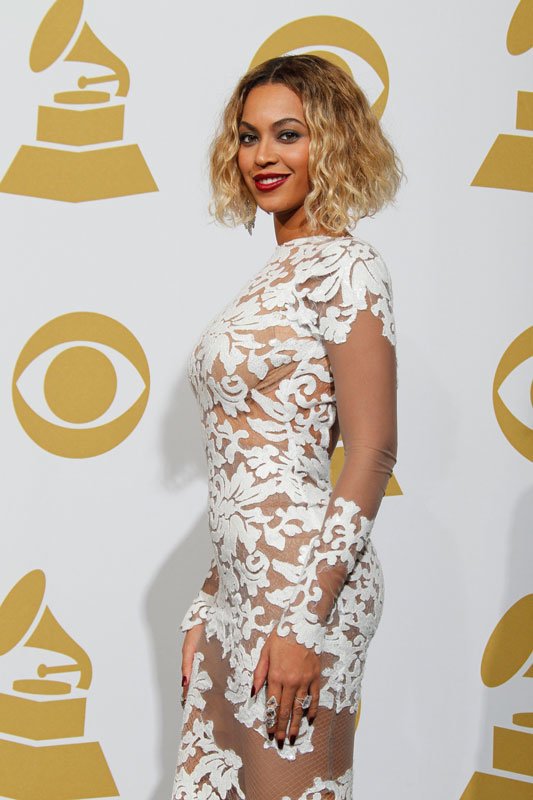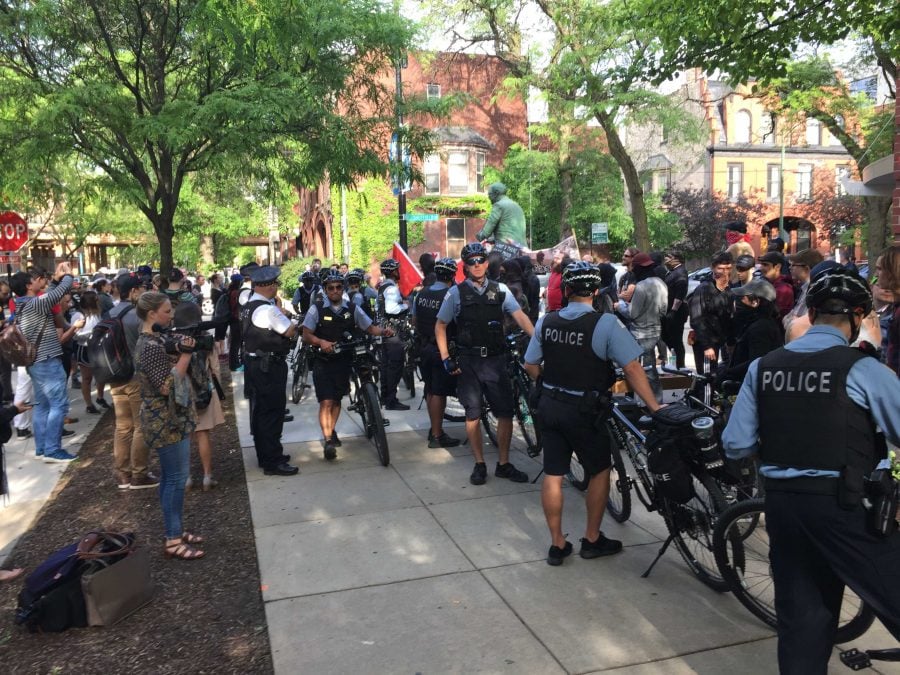
There is no doubt Beyoncé is a brilliant artist with some of the catchiest songs out there right now, especially with the release of her latest album “Lemonade.” There is, however, a major concern about the amount of people who worship her for being a political activist because in reality, she’s not.
It’s not just Beyoncé though. Artists such as Bob Dylan and Kendrick Lamar are just a few examples of musicians who have been long praised for being political activists because of their songs, when they simply aren’t even close to being one.
Queen “B” is no more than any other artist making millions of dollars off a generation of people who are concerned about social activism. She may have some of the same ideas as many millennials now, but she is doing no more for people everywhere than simply stating her beliefs through her lyrics.
Outside of her lyrics, Beyoncé doesn’t seem to have a voice at all. Not once has she come forward to actually talk about issues that matter to her or to participate in their movements, despite singing about Black Lives Matter or feminism multiple times.
Lamar also brought up Black Lives Matter in his song “Alright” with the line, “And we hate Popo (the police), wanna kill us dead in the street for sure.” It’s great that they’re bringing up these topics, but that’s exactly what it is: no more than a conversation starter.
Powerful pop artists should not have so much acclaim for simply stating an opinion.
More needs to be done if they really want to earn the title “activist.”
One of the reasons DePaul junior T.J. Watson believes these artists receive so much praise when they shouldn’t is because after other people actually go out and make a difference, these artists decide to talk about a prevalent issue in society.
“I feel like it was not because they were talking about (issues) that people were going out and changing things,” Watson said. “It’s because people were going out and changing things that they were talking about it.”
Watson has been a huge Dylan fan since he was a freshman in high school. His dad owned many of Dylan’s records, but it was reading about music that really got Watson to start liking him in the first place.
Still, Watson still doesn’t understand why people see him as a political artist. Dylan did create a few songs, one of them being “Blowing in the Wind,” that talked a lot about the anti-war movement in the 1960s. He only did so for about two years though, and then abandoned social activism, upsetting many people.
Watson said he understands why people were upset, but at the same time he sees the other side of the argument as to why artists don’t have to be political figures. This is especially true when it comes to someone like Beyoncé.
“I have mixed feelings on it because on the one hand, I don’t think politics is the job of artists,” Watson said. “As with Beyoncé, I agree that it’s ridiculous that people look up to her as a political figure because she doesn’t do any actual political work. But I don’t think that’s her responsibility because I don’t think we should be like, ‘You’re responsible for being this political figure.’”
He believes this to be true for any artist, not just Beyoncé or Dylan.
“It’s like no, (Beyoncé’s) an artist, she’s allowed to just express herself creatively and I feel the same way about Dylan and really any artist that’s been hailed as a political figure,” he said.
DePaul sophomore Yesica Tellez also said artists can express themselves in whatever way they choose.
“I think music in itself is just an art form and a way to express yourself,” Tellez said. “It can be to advocate for something and if artists want to take that approach, it’s fine. It’s an interesting question because artists definitely, and especially Beyoncé, have so much power and can create so much change.”
While it is true that artists can choose to express themselves in whatever way they want, it’s up to the public to realize that the music is the only thing they can appreciate about certain artists. Actions speak louder than words. They need to understand that just because someone makes music about a certain issue doesn’t mean these people are actually standing up for social equality. They may have some of the same beliefs and can be an advocate for certain issues, but that in no way makes them a social reformer.
An artist like Lady Gaga is someone who takes that extra step and works to fight for an end to certain social injustices. Since she released her first single “Just Dance” in 2009, Lady Gaga has always used her fame and power to speak out and take action about bullying, LGBTQ rights and sexual assault against both men and women.
Her most recent single “Til it Happens to You” talks about rape survivors dealing with everyday life after being attacked. The difference between Lady Gaga and other artists that people hail as activists is that she doesn’t just sing about these issues.
According to the Huffington Post, Lady Gaga received a threat that she would be arrested and received a $50,000 fine for “promoting gay rights propaganda” while in Russia. Gaga spoke out about gay rights at the concert she was holding there because she wanted to show her support for the LGBTQ community.
She is an activist because even when being threatened with consequences, she did more than just sing a few lines.
Real activists are not the Beyoncés, Dylans or Lamars of the world. They are the Lady Gagas, Shonda Rhimes, Malala Yousafzais and every day people who use their voices and their actions to make the world different than it was the day before.
Art alone cannot change the world; it’s people’s actions that really make the difference.
According to Watson, art really only does one thing.
“It’s fascinating because art is really one of the few things that has no function other than personal fulfillment,” Watson said. “I think to expect art to change the world is just kind of silly because I feel like art reflects the wider world around it, rather than changing it.”



